Like so many things in Maine, summer theater used to be quaint. People filled the theaters after a day on the water for frivolity and light entertainment by singers and dancers, who presented shows over the breezy 10 or 12 weeks of summer.
To some degree, that still happens in places like Berwick and Monmouth, but summer theater in Maine is much bigger and more complicated than even a decade ago. That growth is reflected in both the budgets and ambitions of the Ogunquit Playhouse and Maine State Music Theatre in Brunswick, the largest summer theaters in Maine with histories that date to the early and mid-20th century.
Both theaters have invested heavily in their shows, hired bigger stars and improved the quality of their productions. That trend continues this season, which began last week when Ogunquit opened “Mamma Mia!” Maine State opens June 7 with “Always… Patsy Cline.” Among the stars coming to Maine this summer is lyricist Tim Rice, who will be in Ogunquit to work on his new musical, “From Here to Eternity,” which premieres in October.
Ogunquit and Maine State are staging high-profile musicals, collaborating with co-presenters and looking for ways to extend their seasons and expand audiences. The trend is fueled by audience demand. As the world becomes more connected and sophisticated, audiences in Maine expect the kinds of shows they see and read about on social media – and used to travel to Boston or New York to see.
They’re also paying big-city prices, relative to what summer theater used to cost. Top-priced tickets cost $92 at Ogunquit and $80 at Maine State this season, compared to about $20-$30 a ticket in the mid-1990s.
“We have gotten ourselves in a position where the audience expects Broadway-caliber everything – costumes, sets, performers,” said Curt Dale Clark, who begins his fifth season as artistic director at Maine State. “That comes at a cost.”
GROWTH SPURT IN OGUNQUIT
Bradford Kenney started as executive artistic director at Ogunquit 12 years ago, with a 10-week season and a $1.2 million budget. This year, the playhouse will present 27 weeks of shows, including a three-week run of “White Christmas” in Portsmouth, New Hampshire, in December, and it will operate with a budget of about $9 million.
“We think big here,” Kenney said. “It’s part of our heritage.”
Before it opened on Wednesday, “Mamma Mia” had already earned $1.3 million in box office sales.
Under Kenney’s leadership, the theater has achieved much of its growth by beginning the season before Memorial Day and ending it around Halloween, while creating shows that challenge the physical capacity of the historic 668-seat theater and set a course for its future. In the past decade, Ogunquit has invested more than $4 million to upgrade the sound system, purchase projectors and lighting equipment, and build a steel-reinforced interior frame for the stage house, allowing for larger and more elaborate sets.
This year, Ogunquit will introduce equipment that rotates sets automatically, and the theater has purchased an off-site scene shop where artists can design and build those sets.
MAINE STATE GETS CREATIVE
When he began at Maine State, Clark had a budget of $2.3 million. It’s now $4.1 million. Unlike Ogunquit, Maine State cannot extend its season. It presents its shows at the 600-seat Pickard Theater on the Bowdoin College campus and is locked in at 12 weeks from June through August, when Bowdoin is not using it for other performances. Last year, including shows that were added during the run, Maine State presented 102 main stage performances and operated at 93 percent capacity.
In ticket sales, it was the highest-grossing year in the theater’s history. This year might surpass it, based on the number of tickets sold before the curtain goes up on the first show, Clark said. Because there’s not much room for growth, Clark has to be creative to support the growing budget.
Maine State has collaborated with Portland Stage Company in Maine and the Fulton Theatre in Lancaster, Pennsylvania, where Clark’s partner, Mark Robin, works as executive artistic producer. Fulton is staging “Always … Patsy Cline” now, and the same cast, costumes and set will come north to Maine. By sharing the cost of the musical with the theater in Pennsylvania, Maine State saves about $140,000, Clark said, and improves the quality of the show because the theaters can attract better actors by offering longer contracts.
Similarly, Maine State’s second show of this season, “Guys and Dolls,” will open Fulton’s in 2018. The sets are being built in Brunswick now, and will be shipped, along with all the costumes and props, to Pennsylvania next year.
For the second summer, Maine State will present a show with Portland Stage in downtown Portland. Last year, the two theaters produced Frank McCourt’s “The Irish … and How They Got That Way” over four weeks. It was scheduled as a three-week run and extended because of strong ticket sales. This year, they’ve scheduled “The All Night Strut!,” which celebrates the music of the 1930s and ’40s, over four weeks. The theaters will collaborate on all aspects of the show, including casting, artistic direction and promotion.
For Maine State, the collaboration adds 32 dates to the summer schedule and the chance to sell 7,360 more tickets and reach new audiences. Last year, a survey found that 1,100 people who had never been to Maine State saw “The Irish … and How They Got That Way” in Portland, Clark said. “I look at Portland as this vast area of untapped potential,” he said.
Maine State also has begun scheduling themed concerts on Monday nights, starring their performance interns, and often sends those singers out into the community for impromptu songs in restaurants before performances. Ogunquit has started an off-season “new works” program in New York to incubate and develop new musicals, and to raise its profile in that city.
HONORING THE SPIRIT
In Ogunquit, Kenney has undertaken several simultaneous projects since taking over: improving the theater and its grounds, while honoring the spirit of the place and assembling a creative team capable of building award-winning shows.
The theater itself is part of the draw at Ogunquit. Enrolled in the National Register of Historic Places in 2015, it’s a beautiful old building with white clapboards, green bunting and American flags. The grounds are lush and groomed, and outdoor bars offer casual settings for cocktails. It feels summery, like an old Kentucky racetrack.
Kenney showed off new patio hardscaping last week, a smooth brick surface replacing what had been an uneven path, one of many subtle improvements and upgrades that happen every year. The patio will make is easier for the theater’s older patrons, like loyal theater-goers George and Barbara Bush, to navigate safely.
This will be Ogunquit’s 85th season, and Kenney’s goal is returning the theater to its luster of the 1950s, when John Lane turned the Ogunquit Playhouse into one of New England’s top summer theaters and a destination for bona fide icons of acting like Bette Davis, Ethel Barrymore and Lucie Arnaz. Signatures of stars who performed here years ago are still visible on dressing room walls.
In recent years, Kenney has lured Clay Aiken, Carson Kressley and Sally Struthers. This year, it’s Tim Rice, the Academy, Tony and Grammy Award-winning lyricist who collaborated with Andrew Lloyd Webber on “Joseph and the Amazing Technicolor Dreamcoat,” “Jesus Christ Superstar” and “Evita,” as well as with Elton John on “The Lion King.”
Ogunquit is working with Rice and the Finger Lakes Musical Theatre Festival in Auburn, New York, on the new World War II musical “From Here to Eternity,” based on a novel by James Jones and the 1951 movie starring Burt Lancaster, Montgomery Clift and Donna Reed. It had its London premiere in 2013 to mixed reviews and was sent back for improvement. The Finger Lakes festival presented a version last year, and Ogunquit puts it up in October. Rice will work in Ogunquit on the show, refining the musical with the creative team. The goal, Kenney said, is getting it ready for Broadway.
In this sense, Ogunquit is serving the same role as regional theaters during Broadway’s golden era, when high-profile musicals opened quietly in small theaters in New England and New York, away from the glow of the city and the harsh eyes of critics, said Brian Allen, artistic director of Portland’s Good Theater.
“Ogunquit is out of the way and away from the Broadway chat rooms,” said Allen, who teaches a course on the history of musical theater at the Osher Lifelong Learning Institute in Portland. “They will have more autonomy to work on this and not feel so under the microscope.”
Ogunquit and Maine State have become “extensions of Broadway in a way,” he continued. “They oftentimes rent Broadway sets or Broadway costumes. They’ve become almost like national tours. The theaters create these shows themselves, but the shows have more the look of a national tour rather than the uniqueness that was found in previous decades.”
It’s what audiences want and expect, he said – and are willing to pay for.
INTO THE 21ST CENTURY
Carla Maria Verdino-Süllwold of Brunswick, who writes and edits for the online theater website Broadway World, said both theaters have transitioned into the 21st century with their sophistication and technological savvy while retaining some of their mid-20th century appeal. New York has noticed, and that recognition is reflected in both the quality of the creative talent working in Maine as well as the number of premieres both theaters take on.
“People definitely hear the buzz,” said Verdino-Süllwold, who has been writing about theater in Maine for Broadway World for five years. “We’re seeing lots of New England premieres and some exciting stuff, which speaks to the reputation of these theaters in New York and elsewhere. Something special is happening at this moment, and you can feel it.”
“From Here to Eternity” is one of two premieres at Ogunquit this summer. The other is “Heartbreak Hotel,” a jukebox musical about Elvis Presley. It’s from the creators of “Million Dollar Quartet,” which became the most popular musical in the theater’s history in 2015, selling 23,384 tickets. Ogunquit brought the show back in 2016. “Heartbreak Hotel” is the prequel to “Million Dollar Quartet.”
Kenney wouldn’t be surprised if this one sells as many tickets. He learned to appreciate the popularity of the Great American Songbook after staging “Buddy: The Buddy Holly Story” for the first time in 2012. That show sold about 19,000 tickets, a record at the time.
Kenney and Clark are modern-day theater impresarios who are trying to maintain a tradition while moving their theaters forward. What used to be seasonal fun has become year-round work. This past winter, Clark traveled to 14 U.S. cities on theater business, to attend auditions and conferences and to see shows – and, increasingly, to meet with donors and other theater partners to raise money to help build the Maine State brand.
Many of the theater’s most loyal subscribers and donors are summer residents of Maine. Clark likes visiting them in their year-round homes and often attends shows with them at their hometown theaters. “It goes along with my philosophy, if I want them to come to my stuff, I have to go to their stuff,” he said.
Maine State marks its 60th season next year, and Clark is already planning the party. He won’t talk about what he’s got it mind, but it’s going to be big.
Staff Writer Bob Keyes can be contacted at 791-6457 or at:
bkeyes@pressherald.com
Twitter: pphbkeyes
Copy the Story LinkSend questions/comments to the editors.


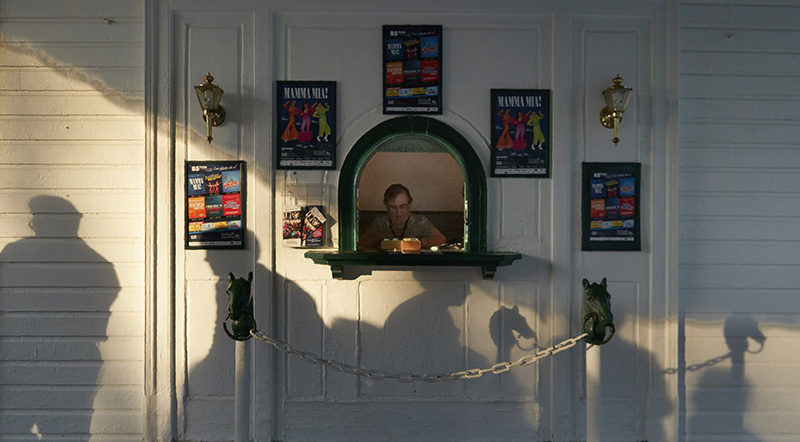
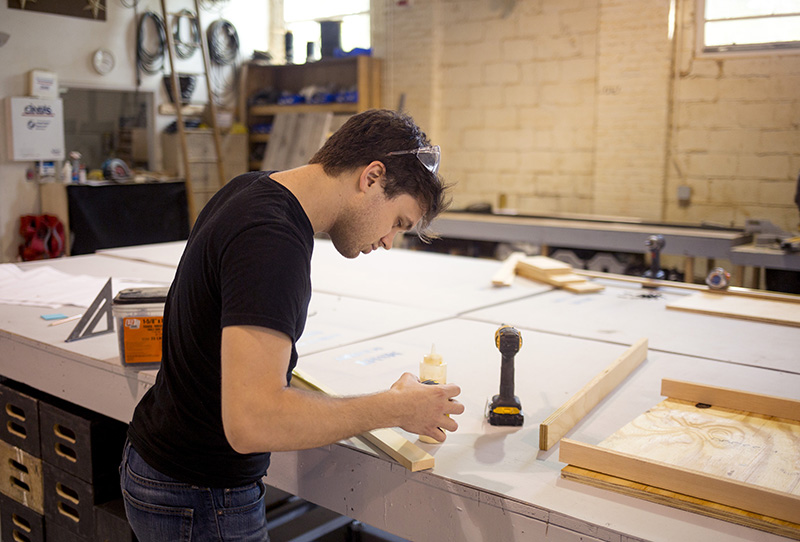

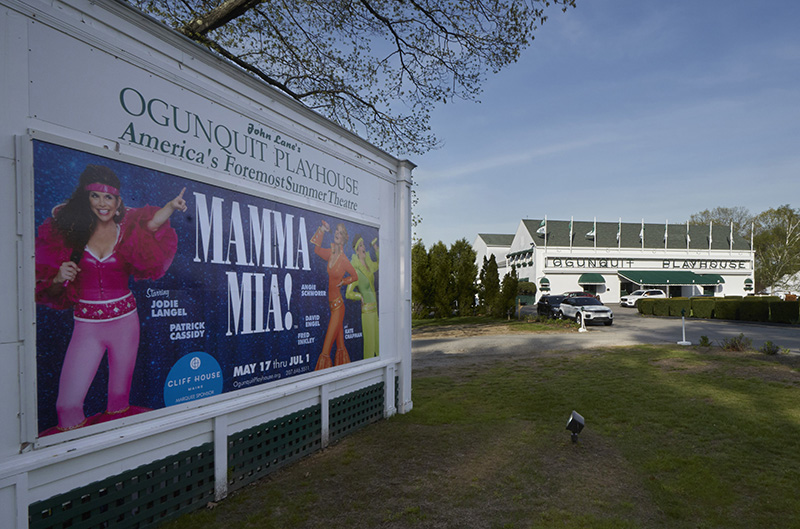
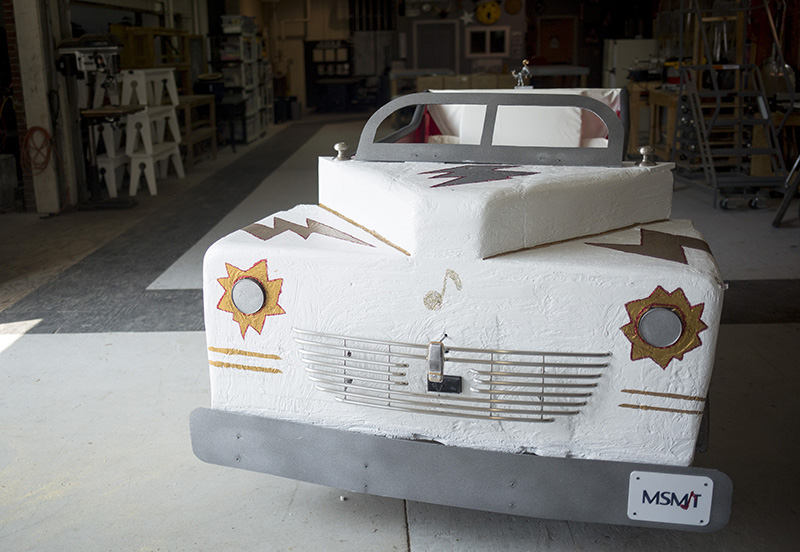
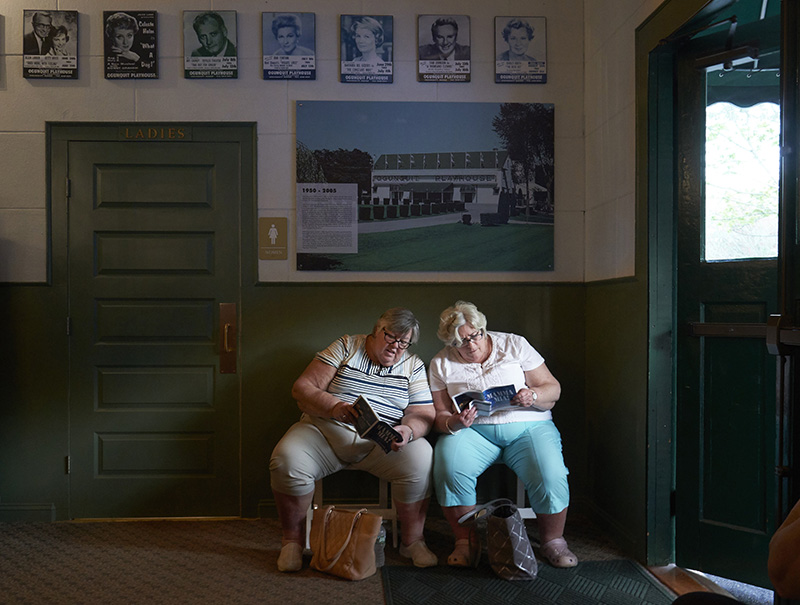


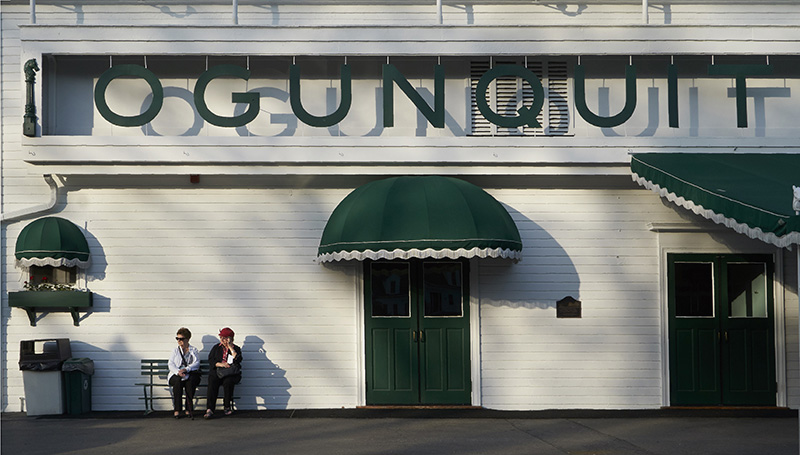





Success. Please wait for the page to reload. If the page does not reload within 5 seconds, please refresh the page.
Enter your email and password to access comments.
Hi, to comment on stories you must . This profile is in addition to your subscription and website login.
Already have a commenting profile? .
Invalid username/password.
Please check your email to confirm and complete your registration.
Only subscribers are eligible to post comments. Please subscribe or login first for digital access. Here’s why.
Use the form below to reset your password. When you've submitted your account email, we will send an email with a reset code.